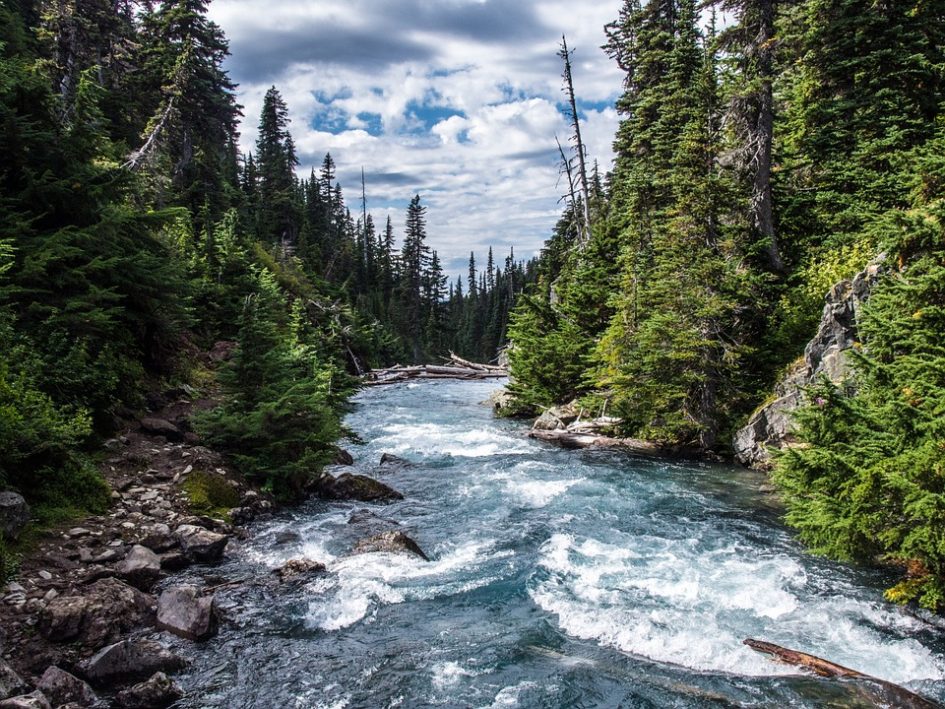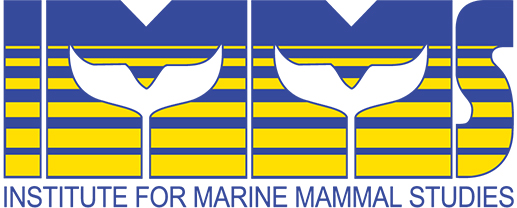Bottlenose Dolphin Photo-ID Program Spring Internship – In Gulfport, Mississippi
|
Salary: Unpaid Location: Gulfport, Mississippi Job Type: Unpaid Internship Company: Institute for Marine Mammal Studies (IMMS) Closing Date: January 01, 2024 |
- Website
- Apply: send a resume (with 3 references), a copy of your college transcripts, and a one-page statement of interest to jbaker@imms.org
For decades, the Institute for Marine Mammal Studies has been a leader in bottlenose dolphin and sea turtle research in the Northern Gulf of Mexico. In this effort, IMMS has helped protect one of the largest coastal bottlenose dolphin populations in the U.S. (2586 distinct individuals identified through photo-ID, Samuelson et al., 2021) and the most endangered sea turtle in the world, the Kemp’s ridley. IMMS’s Dolphin and Sea Turtle Research Program is currently applying state of the art spatial and statistical modeling techniques to advance our understanding of these critically important apex predators. Current research includes the study of habitat use of bottlenose dolphins, dolphin populations and social networks, dolphin population health, anthropogenic impacts to dolphins and their ecosystems in the Mississippi Sound and Biloxi Marsh, and the habitat use of satellite-tagged Kemp’s ridley, loggerhead and green sea turtles in the Northern Gulf of Mexico.
IMMS’ Research Internship Program is designed to provide exceptional research and learning experiences in a real-world setting to early career scientists in the fields of marine biology and ecology, marine mammal population ecology and behavior, veterinary sciences and conservation. In this position, interns will primarily assist the institute’s Bottlenose Dolphin Photo-ID Program in collecting and processing photographs of bottlenose dolphins in the Mississippi Sound. Other research efforts may include conducting literature reviews, collecting and managing fisheries, habitat and environmental data, and investigating ecological factors and relationships. Interns will also gain diverse experience working in other program areas including marine mammal and sea turtle stranding response, sea turtle surveys, veterinary research, aquaria maintenance and animal care (bottlenose dolphins, sea turtles, sharks, rays, starfish, birds, reptiles, etc.), and marine education and conservation.
As part of a research team, primary duties include:
- Conduct boat-based bottlenose dolphin photo-ID surveys up to 7 days per month in estuarine and nearshore marine Gulf Coast waters. Dolphin surveys generally take about 7 hours and often occur in challenging weather and coastal conditions.
- Photograph dolphins and collect survey data during boat-based field surveys
- Sort and process photographs of bottlenose dolphins
- Collect photograph-based data and enter it into Microsoft Excel
- Match dolphin photographs to our catalog of known individuals using finFindR
- Enter collected bottlenose dolphin and environmental data in FinBase/Microsoft Access
- Assist in diverse research efforts related to bottlenose dolphins, sea turtles, and estuarine and near-shore marine ecology
- Manage spatial data in ArcGIS
- When needs arrive, assist other program areas including stranding response, sea turtle surveys, veterinary research, animal care and marine education.
- Internship Research Projects and Presentations
As part of the research internship, interns may be assigned an independent research project. Research projects are designed to help expand the science of dolphins and sea turtles, contribute to IMMS’ Research Program, and provide interns with real-world research experience. Assigned research project topics will vary depending on the current needs of IMMS’ Research Department. Interns will be given time at work to work on their research projects. Interns are also expected to conduct at least 3 hours per week of research outside of work. Interns will present the findings of their research with a 10-minute PowerPoint presentation in the last week of their internship.
|
HOW TO APPLY
Internship Requirements Applicants must be 18 years or older. IMMS only accepts applicants who are U.S. citizens, non-U.S. citizens that already have a working VISA, or international students attending a U.S. university. Applicants should be actively pursuing a college degree or be a recent graduate in biology, marine science, marine biology, marine and estuarine ecology, oceanography or a related field. Previous research experience is a plus. Applicants must be able and willing to fulfill all of the duties described in this internship position. Internship positions are 40 hours per week (generally Mon-Fri/8 am-4 pm). As needs arrive, responding to stranded dolphins and sea turtles, for instance, interns may need to shift their schedules to assist our Stranding Department in these efforts. Internship start and end dates for this Spring (January to May) are flexible. We do require a minimum of a 12-week commitment for this internship position. |
|
Additional Information Research internships are unpaid positions. IMMS provides a $30 reimbursement per week for groceries. Interns are responsible for their own housing and transportation. Once accepted, IMMS staff will assist interns in finding rooms available to rent. Review of applications will begin immediately and will continue until the positions are filled. To apply, please send a resume (with 3 references), a copy of your college transcripts, and a one-page statement of interest to jbaker@imms.org. For information about the Institute for Marine Mammal Studies, please visit our website https://imms.org/. |


